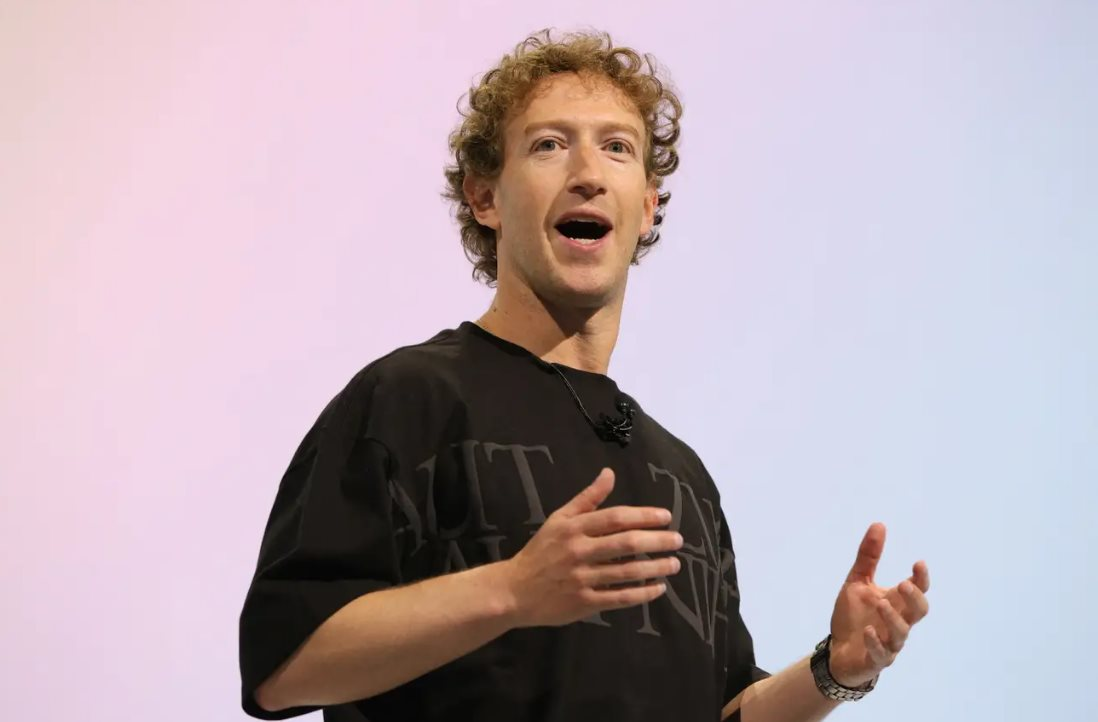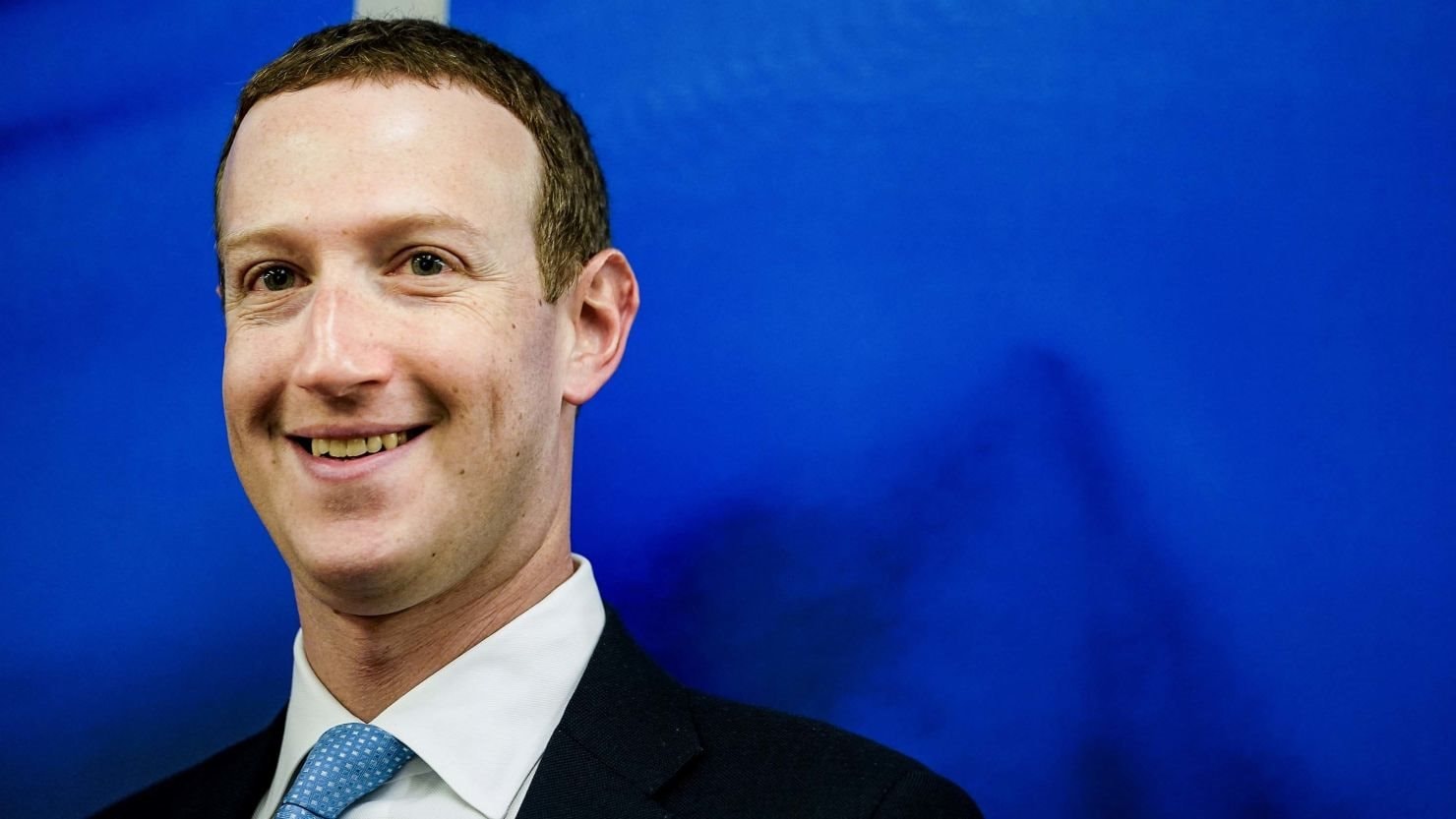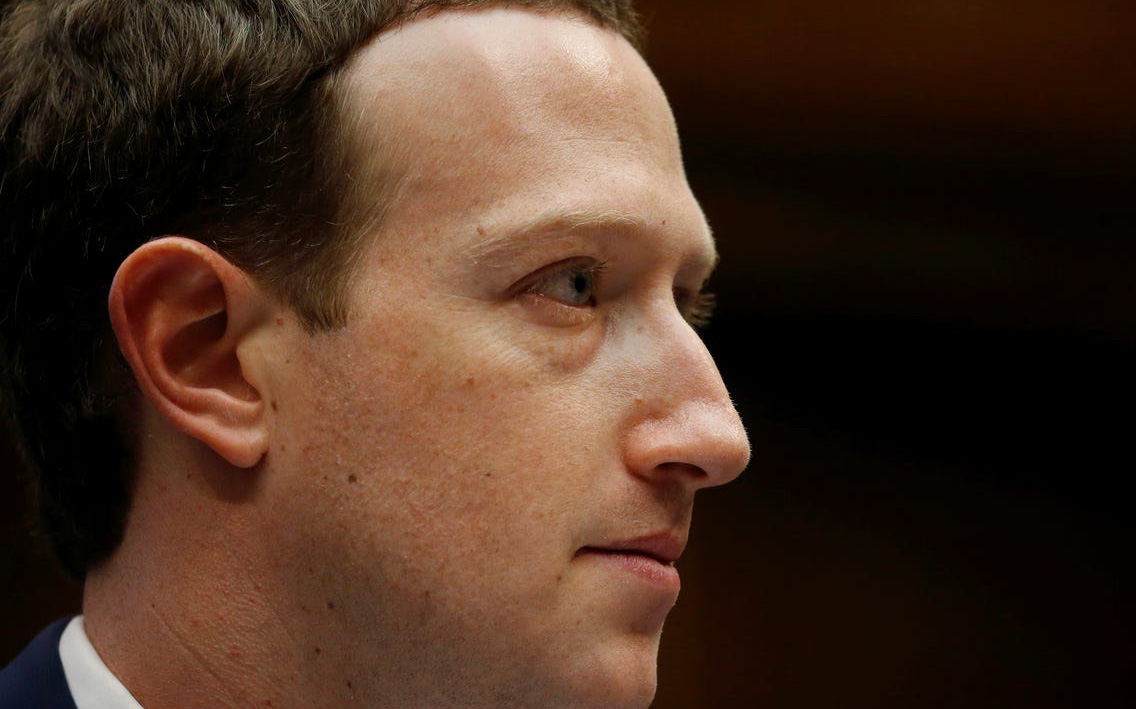
The Chan Zuckerberg Initiative (CZI), a philanthropic organization co-founded by Facebook’s Mark Zuckerberg and his wife, Priscilla Chan, has committed to reshaping the future of education through substantial investments in creative learning methods and cutting-edge technologies.
With a strong focus on personalized learning platforms and innovative educational technologies, CZI is channeling vast resources into helping children develop the skills they will need to thrive in an increasingly complex and fast-paced world.
The initiative’s vision of educational reform seeks to cater to the unique needs and strengths of each child, fostering critical thinking, problem-solving, and digital literacy in an age of technological upheaval. But as the initiative’s investments soar into the hundreds of millions, the question remains: will it truly transform global education or fall short of its lofty promises?
Launched in 2015 with an initial focus on advancing scientific research, health initiatives, and education, the Chan Zuckerberg Initiative has steadily evolved into a powerhouse in the world of educational reform.

Through its investments, CZI aims to revolutionize how children learn, prioritizing creativity and adaptability over traditional rote memorization. By funding projects that seek to personalize learning for each individual, the initiative hopes to foster an environment where children not only gain academic knowledge but also the critical skills needed to succeed in an unpredictable, tech-driven future.
According to CZI, the goal is to prepare children for a rapidly changing world—one in which automation, artificial intelligence, and technological advancements are reshaping entire industries and societies.
The initiative's educational investments are focused on three core areas: personalized learning technologies, innovative curriculum development, and access to critical learning tools in underserved communities.
One of the most prominent efforts has been the development of personalized learning platforms that use advanced algorithms and data analytics to adjust to each student's learning style, pace, and preferences.

These platforms aim to address the fact that no two children learn in the same way, promoting a more individualized approach to education that is often lacking in traditional classrooms.
In this vision of personalized education, CZI is funding technologies that provide real-time feedback to students, helping them understand their progress and areas where they need improvement.
These platforms enable teachers to tailor lessons and assignments more effectively, allowing them to spend less time on administrative tasks and more time engaging with students individually.
For example, one of the most successful investments has been in DreamBox Learning, an adaptive math platform that continuously adjusts its content and pace based on a student’s actions, providing a customized learning experience.

DreamBox is currently used in more than 20,000 schools across the United States, with proven success in improving student performance, especially in elementary and middle school math.
Additionally, CZI is supporting the development of technologies that enable teachers to better understand each student’s learning journey. By collecting data on students’ interactions with learning platforms, teachers are better equipped to identify specific gaps in knowledge and make more informed decisions about how to support each child.
This data-driven approach allows for a greater degree of precision in determining how best to foster student growth, making education not just more personalized, but also more effective.
Another significant part of the Chan Zuckerberg Initiative’s education strategy is its emphasis on enhancing creativity and critical thinking among students. CZI believes that the future of work will demand individuals who can think critically, solve complex problems, and innovate.

With this in mind, the initiative is supporting a variety of projects aimed at fostering these skills in children from a young age. This includes supporting creative curricula that encourage problem-solving, teamwork, and the ability to adapt to new challenges.
One example of this is the CZI-funded project, The Learning Alliance, which aims to empower educators to teach critical thinking through real-world scenarios, where students can work together to address issues such as climate change, social justice, and technological disruption.
The CZI also sees the importance of developing digital literacy in children to prepare them for a world where digital technologies will dominate almost every aspect of their lives. As the digital divide continues to widen, particularly in underserved communities, CZI’s investments focus on ensuring that all children, regardless of their socioeconomic status, have access to the tools and knowledge necessary to thrive in a digital age.
One notable example is the partnership with the Khan Academy, which provides free, world-class education in a wide variety of subjects to millions of students around the world. CZI has been instrumental in expanding access to these resources, helping to bridge the digital divide for underserved students in both rural and urban areas.

Yet, despite the lofty ambitions of the Chan Zuckerberg Initiative, there are those who question whether such large-scale philanthropic efforts can truly effect meaningful change in global education. Critics argue that the initiative’s focus on technology, while undoubtedly valuable, may not address the underlying structural issues within educational systems.
Many educators and policymakers express concerns that the push for personalized learning technologies might inadvertently lead to further privatization of education, increasing the gap between wealthy students who have access to the best resources and those in underfunded public schools who may be left behind.
There are also concerns about the extent to which CZI’s investments will lead to lasting change. While the initiative’s funding has certainly helped to drive innovation and experimentation in education, critics point out that systemic issues such as teacher training, inadequate funding for public schools, and the cultural challenges of adopting new technologies remain major barriers to meaningful reform.
In a world where educational outcomes often depend as much on socioeconomic factors as they do on access to technology, the question remains: can CZI’s technology-driven approach really level the playing field?

Furthermore, some educators worry that focusing too heavily on digital tools might undermine the importance of traditional teaching methods. While personalized learning platforms can help students progress at their own pace, they may also isolate them from the social and collaborative aspects of education that are crucial for developing interpersonal skills.
Critics argue that by emphasizing technology at the expense of face-to-face learning, the Chan Zuckerberg Initiative may unintentionally exacerbate the problems of social disconnection and a lack of emotional intelligence in today’s generation of students.
Despite these criticisms, the Chan Zuckerberg Initiative’s work in education has undeniably made a significant impact. With over $500 million invested in educational projects since its founding, CZI has paved the way for greater innovation in how children learn.
Whether or not these efforts will lead to widespread, transformative change remains to be seen, but the initiative has sparked an important conversation about the future of education and the role of technology in shaping it. As the initiative continues to grow, it will undoubtedly play a central role in the ongoing evolution of educational practices worldwide.

The challenges ahead are substantial, but the Chan Zuckerberg Initiative’s investment in creative education and learning technologies has already demonstrated that it is possible to reimagine the classroom in the 21st century.
By focusing on personalized learning, critical thinking, and digital literacy, CZI is providing the tools that may empower the next generation to navigate a world that is increasingly dominated by technology and complexity.
Whether or not this approach becomes the new standard for education will depend on how effectively it can be scaled and integrated into existing systems, but for now, the initiative remains one of the most ambitious educational reform efforts of its kind.

-1745221466-q80.webp)

